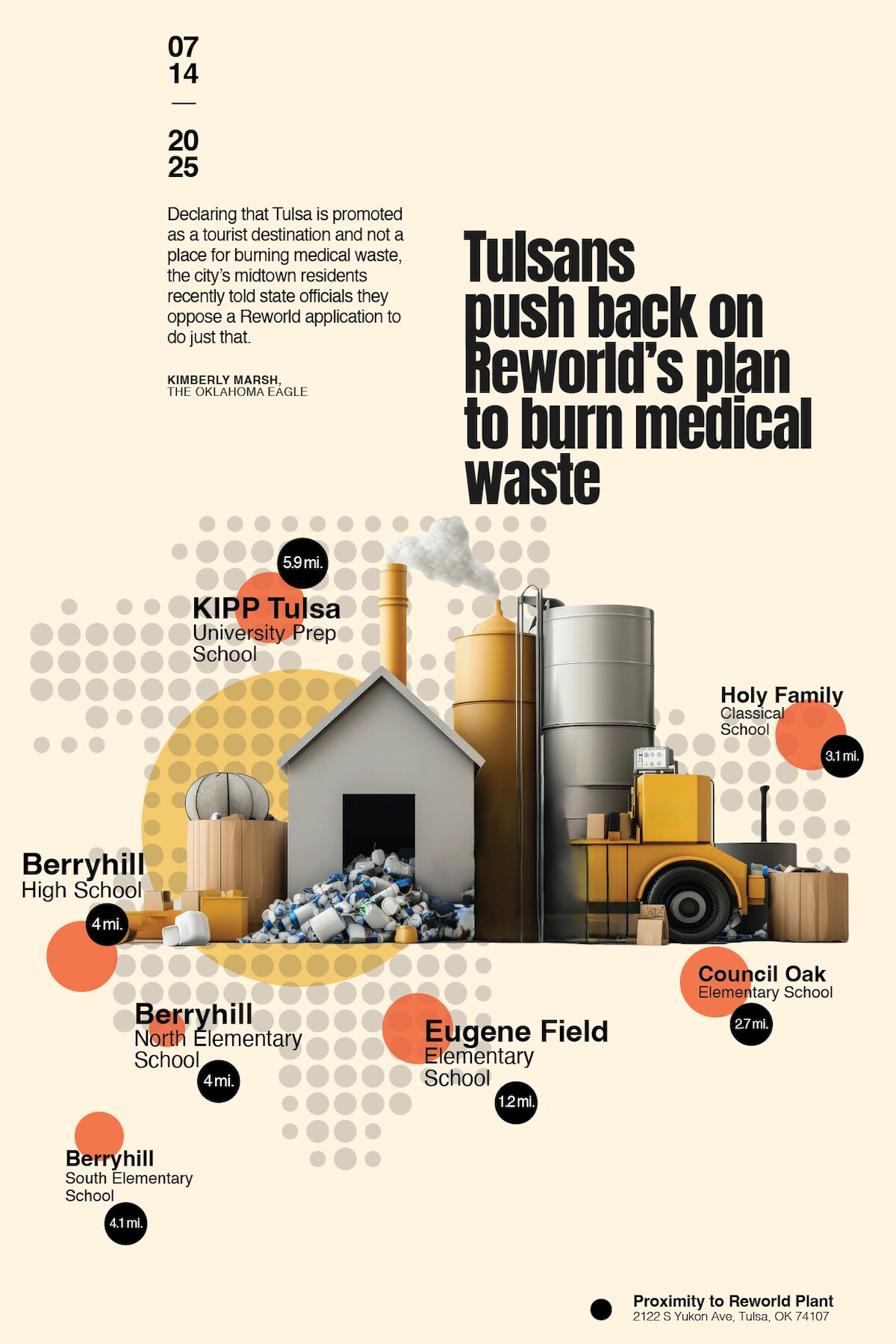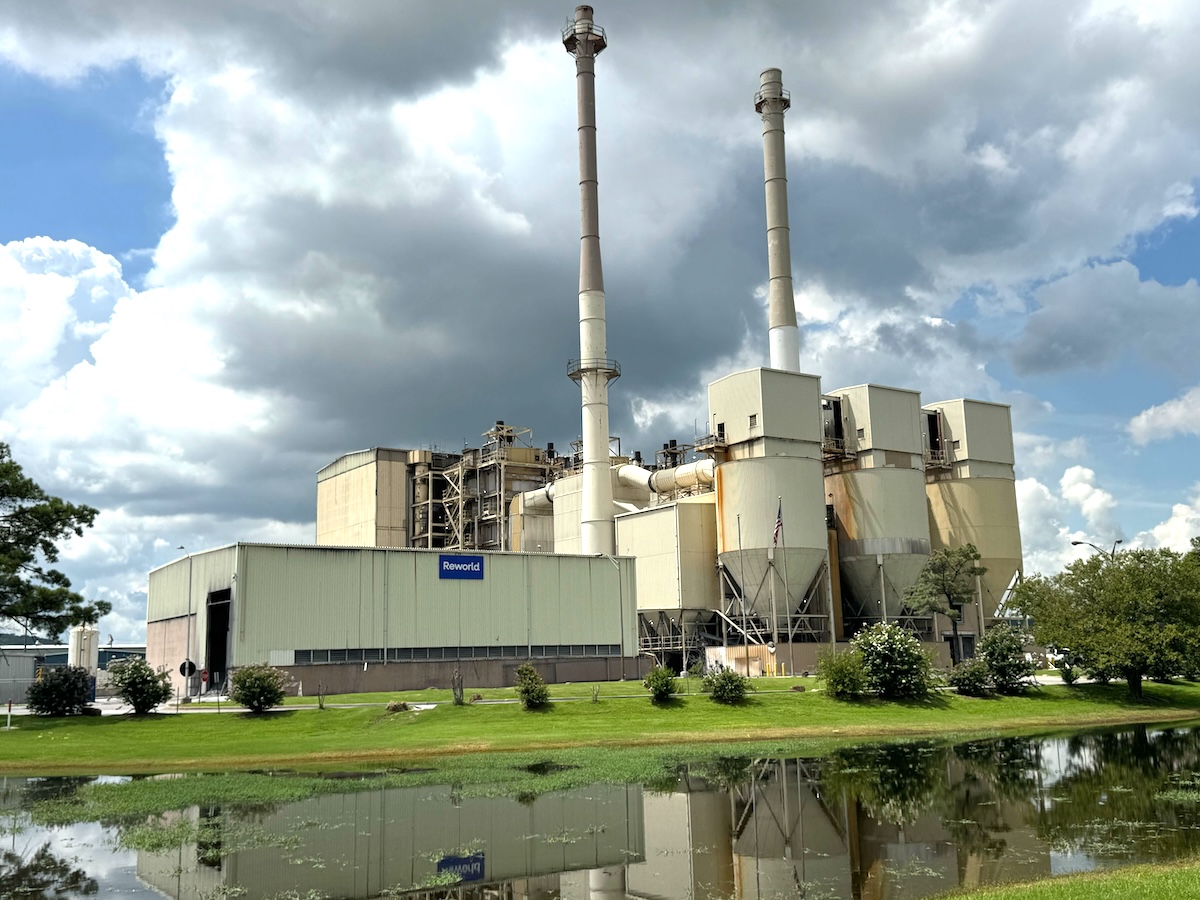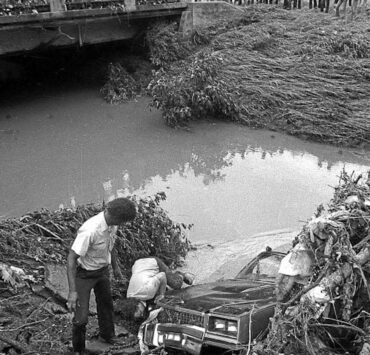
LOCAL
Kimberly Marsh, The Oklahoma Eagle
Illustration, The Oklahoma Eagle
Residents say they’re concerned about air quality on the city’s west side
Declaring that Tulsa is promoted as a tourist destination and not a place for burning medical waste, the city’s midtown residents recently told state officials they oppose a Reworld application to do just that.
“Frankenstein’s monster will not work the way they think it will,” Teresa Chapman said at the July 10 public hearing.

Reworld, located on the city’s west side, has submitted a permit application to handle untreated medical waste like bandages, syringes, gloves and soiled diapers, the company’s consultant Matt Newman told The Oklahoma Eagle. It received a permit this year to do so in Bristol, Connecticut.
But residents say they’re worried about the additional chemicals that would be emitted, citing toxins that may cause difficulty breathing, allergies or skin irritations.
During the meeting, Oklahoma Department of Environmental Quality and Reworld officials listened as Tulsans spoke their minds for more than two hours emphasizing the need for continuous monitoring of soil and air emissions.
“I’m here today because I believe we must look critically at what’s being added to our air,” David Bizzaro said. “The permit revision would allow Reworld to receive up to 40,000 tons of what’s broadly referred to as special waste, but buried in that term are highly concerning materials.”
Rick Martin, a Berryhill resident who organized 31 residents to show up, said that some of those chemicals include cadmium, lead, mercury or particulate matter, all toxic air pollutants. The medical waste would comprise about 10% of the total waste incinerated at the plant.
Other fears were rooted in the fact that neighborhoods and schools are located within four miles of the plant.
Public health nurse Nancy Moran said she surveyed people along the Arkansas River living close to the incinerator about environmental quality concerns in 2019-2020.
She found more than 80% of residents perceived poor air quality. Moran also noted low income families and Black residents disproportionately bear the brunt of the environmental toxins generated in their neighborhoods.
Residents also complained about inadequate notice of the hearing and the plant’s name change from Covanta. ODEQ extended the online comment period to July 17 and will have 90 days to release its written response.









